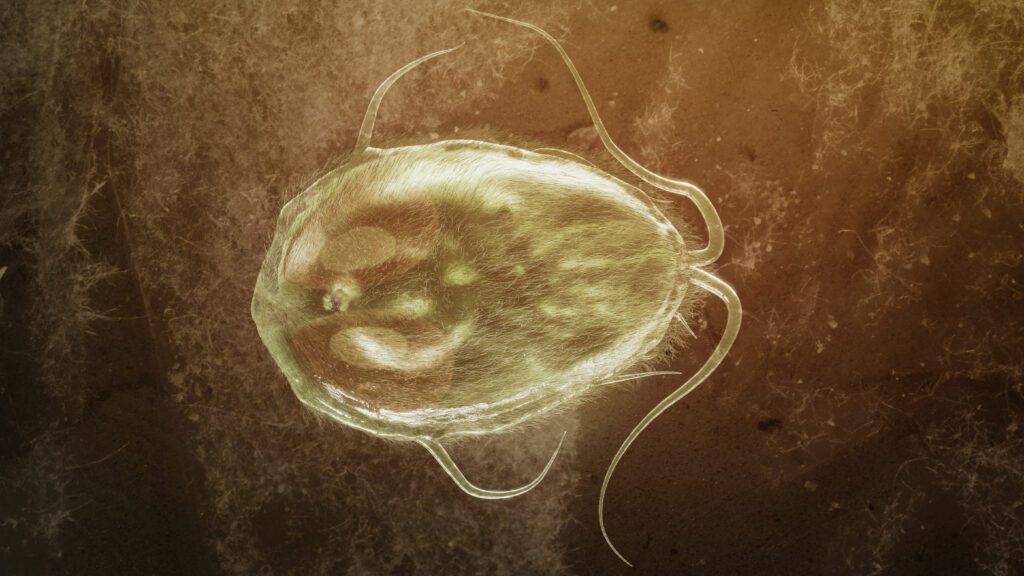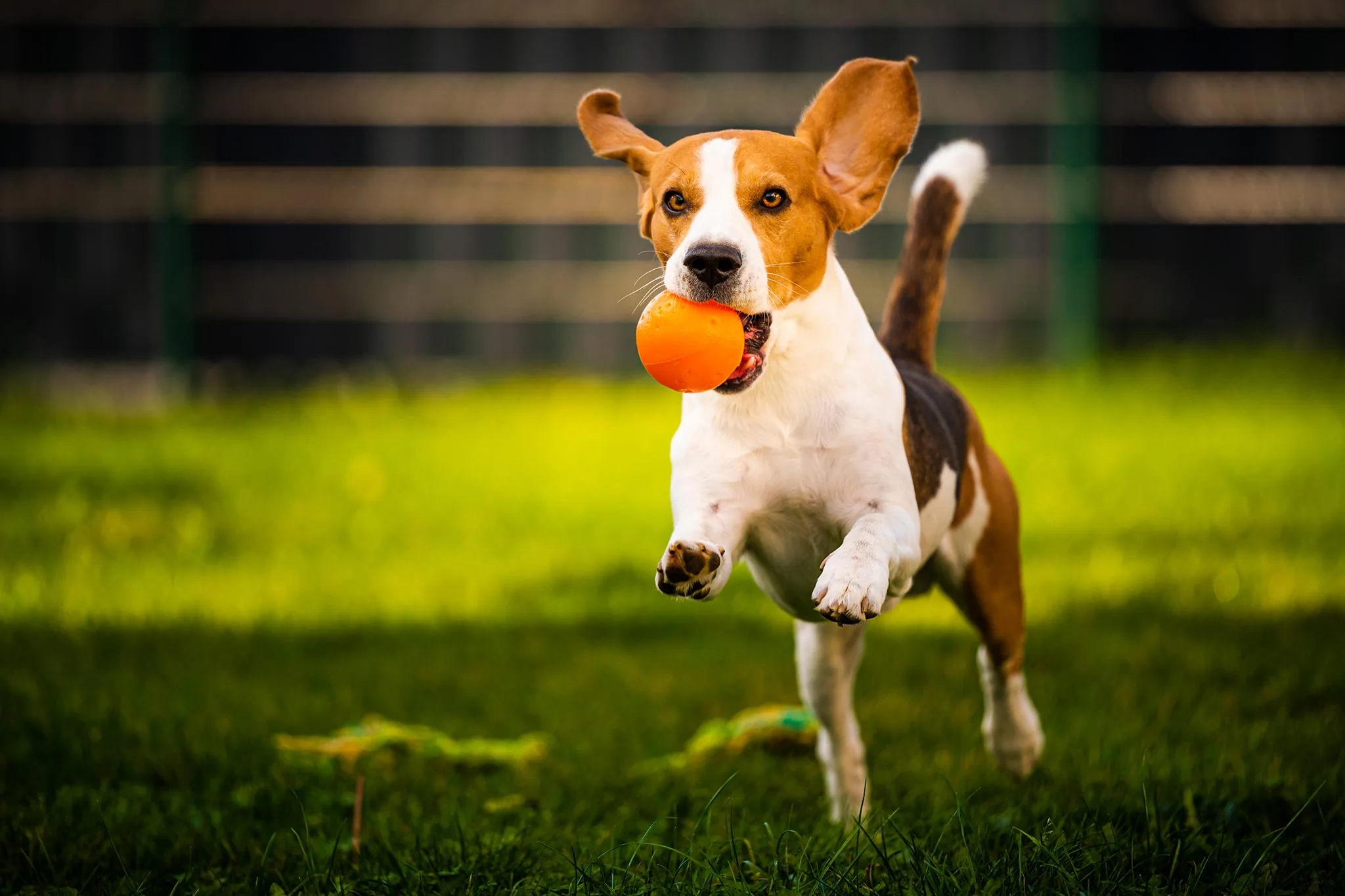
Giardia in Pets:
What You Need to Know
When it comes to the health and well-being of our pets, understanding and preventing common illnesses is key. Giardia is one such illness that can affect our beloved companions. Giardia, a microscopic parasite, can cause gastrointestinal issues in pets, and combined with its contagious nature, this makes Giardia a natural concern for pet owners. In this blog, we dive deep to explain what Giardia is, how it impacts our pets, and how to effectively manage and prevent it.
If you have concerns or need more information about Giardia, the team at Back Bay Veterinary Clinic in Boston, MA, is always ready to help. Call us at (617) 245-2710 to schedule an appointment or speak with our team.

What is Giardia and How Does it Affect Pets?
First, let’s start by understanding what exactly Giardia is, its life cycle, and where it can be found.
Understanding the Giardia Parasite
Giardia is a microscopic parasite that infects the intestines of various animals, including dogs and cats. It’s found in contaminated water and soil and can be spread through contact with infected feces. Once ingested, the parasite attaches itself to the pet’s intestinal wall, which can lead to a range of gastrointestinal symptoms.
The Life Cycle of Giardia
Understanding the life cycle of Giardia is crucial for effective prevention and treatment. The parasite exists in two forms: the trophozoite, which actively feeds and multiplies inside the host, and the cyst, which is the infective stage passed in feces. This cycle makes Giardia a persistent and recurring issue if it is not properly addressed.
Recognizing the Signs of Giardia in Pets
If your pet gets infected with Giardia, how can you tell? Here are some of the most common clinical signs of a Giardia infection:
- Diarrhea, which may be acute, chronic, or intermittent
- Weight loss
- Dehydration
- Poor coat condition
In severe cases, pets may exhibit signs of malnutrition due to the parasite’s interference with nutrient absorption. It’s important to note that the severity of Giardia symptoms can vary. Some pets may show mild signs or even be asymptomatic carriers, while others can suffer from more severe gastrointestinal distress. Furthermore, some pets infected with Giardia may not show any clinical signs at all.
Even so, if you’re concerned that your pet may have been exposed to Giardia, it’s always best to contact your vet and discuss possible treatment options for your pet.
Diagnosing and Treating Giardia in Pets
How can Giardia be diagnosed and treated? Here is a general rundown of the process.
Making a Diagnosis
To diagnose Giardia, you need to see a licensed veterinarian so they can perform a thorough examination and run specific tests. These tests often include fecal examinations to detect the presence of Giardia cysts or trophozoites. Sometimes, repeated tests are necessary as Giardia can be intermittently shed in the feces.
Treatment Options and Management
Once diagnosed, Giardia can typically be treated with specific anti-parasitic medications. Treatment may also include supportive care with fluids to manage dehydration and nutritional support. It’s vital to follow the treatment plan prescribed by your veterinarian and complete the full course of medication. Do not attempt to give your pet any over-the-counter medication that has not been prescribed by your veterinarian.
How to Protect Your Pet from Giardia
Prevention is always better than cure, especially when it comes to Giardia. Ensuring that your pet has access to clean, fresh water and avoiding areas with contaminated water sources are key steps. Regular fecal examinations and good hygiene, like cleaning up after your pet and washing your hands, can also significantly reduce the risk of Giardia infection.
Giardia and Human Infection: What Pet Owners Should Know
Giardia can infect humans, but the risk of transmission from pets to humans is considered low. However, it’s still important to practice good hygiene, especially after handling pet waste, to minimize the risk. Wash your hands thoroughly and keep surfaces clean. If you suspect a Giardia infection in any family member, consult a healthcare provider right away.
Staying Vigilant Against Giardia
Understanding Giardia and how it impacts pets is essential for any pet owner. By recognizing the signs, seeking timely veterinary care, and adopting key preventive measures, you can keep your pet well protected from this parasite. If you have any concerns or need further information about Giardia in pets, don’t hesitate to contact Back Bay Veterinary Clinic at (617) 245-2710. Our expert team is dedicated to the health and happiness of your pet!










